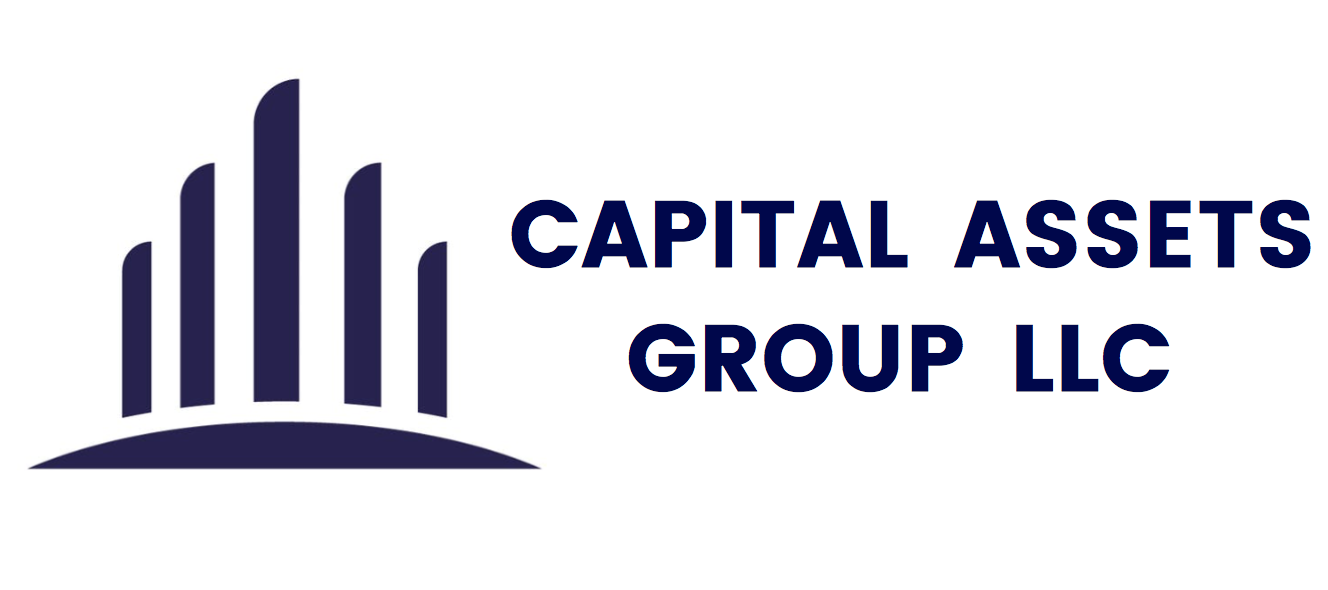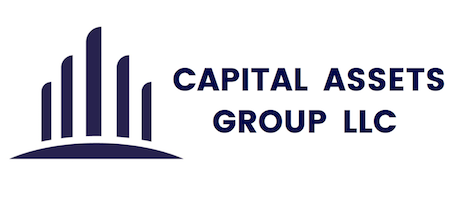Safe Seller Financing Tips
Even with an improving market, seller financing is a popular option for home owners. Here are some tips to consider when thinking about offering financing
Review the buyer's credit
We all know a credit score doesn’t always show the whole picture of someone’s financial life, but it generally is a pretty good indicator. Seller financing allows you to set your own terms and requirements, and we all want to give people the benefit of the doubt or a second chance. Although tempting, it is important to consider a potential buyer’s score as part of your equation.
Sellers can obtain a signed authorization from the buyer to pull credit through a reporting agency, or simply ask the buyer to obtain a copy of his or her report for review. Most note investors prefer credit scores above 675. If the scores are lower, it will likely reduce any offers to purchase the note after closing.
Require a Down Payment
Again, although you have the ability to be flexible with the requirements of a down payment, you may want to require the buyer to put down a substantial down payment. The more money a buyer puts down, the more of a vested interest they have in the deal. The thought of losing thousands of dollars is often enough of a deterrent for a buyer to not just walk away and default.
If nothing else, knowing they have a lot invested in the property helps keep the lines of communication open. This way, if they are struggling to make payments, they are much more likely to discuss it with you then just abandon the property.
Verify The Buyer Can Afford the property
If a buyer can’t afford the monthly payments it soon results in late payments or worse, no payments. Buyers should be willing to share their job history along with how much money they make each month. Paycheck stubs or tax returns can help verify the income.
A common gauge of affordability is to keep the housing expense around 27-30% of income. The monthly housing expense is a combination of the principal and interest payment plus 1/12th of the annual property tax and insurance bills (known as PITI). If a buyer makes $2,000 per month than the PITI should be no more than $540 – $600 using this rule of thumb.
Set Specific and Defined Terms
Terms are very important to any real estate deal. Clearly defined terms protect you, and sets the expectation for the borrower. Standard terms include the interest rate, payment amount, and the due date for payment in full. There are also late fees, default clauses, requirements for insurance, and other standard provisions.
While the terms can be whatever the buyer and seller agree upon, sellers that charge 2-4% above the standard mortgage interest rate increase the value of future payments. The buyer still saves on the expensive loan fees and the seller is compensated for having to wait for payments. Charging a below market rate means the buyer is unlikely to refinance in the near future. It also results in a higher discount should the note be sold.
Use Professionals
It should come as no surprise that legal documents are an important part of safe seller financing. These documents put the agreement in writing and make sure the terms can be enforced. In this case it is very important to seek the help of an attorney or title company familiar with local laws and the HUD Safe Act.
These experts take care of the closing and prepare the documents. They will likely suggest a Promissory Note for the obligation to pay with a Mortgage or Trust Deed recorded in the county records. In some states a Contract for Deed or Real Estate Contract can be an alternative option. The HUD-1 Settlement Statement itemizes the sales price and payment of closing expenses.
Have a Plan for Payment Collections
Collecting the monthly payments, tracking the balance, and calculating how much goes to principal and interest is often referred to as servicing the note. A third party company or servicing agent can handle this process, automatically deposit payments, and provide the annual IRS Form 1098 mortgage interest reporting.
While it’s a whole lot easier to use a third party, some sellers elect to collect payments on their own. This involves setting up an amortization ledger, taking a copy of the check or money order each month, and keeping the bank confirmation of deposit. To create a verifiable payment history it is best to avoid accepting payments in cash or cashing checks without first depositing.
Keep Good Data
Making sure the buyer keeps taxes and insurance current is right up there with collecting timely payments. A check with the county where the property is located will verify if taxes have been paid current on their due date.
When the property includes a home or other buildings the documents should require insurance to protect against fire, hazard, or flood (if in a flood zone). The buyer can provide a copy of the insurance declaration page, showing the seller as a loss payee. A call to the insurance company when premiums are due will verify the coverage is being kept current.
Safe Seller Financing
Staying safe and protected during any real estate transaction is important for your financial health. By following the tips we described, not only will you be more safe, but you will increase the value of your note.
We work with investors that buy real estate notes. If you would like a free no cost analysis of your note please feel free to contact our office.

